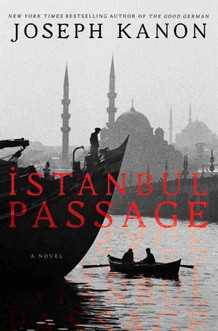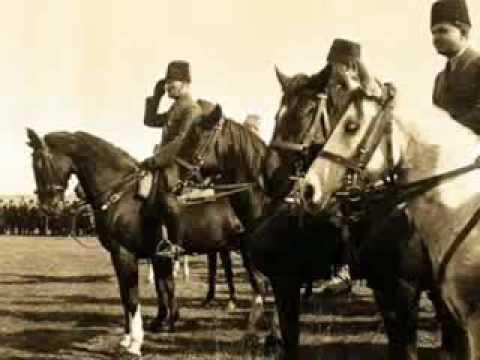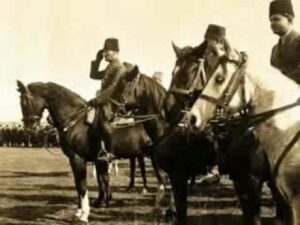By Khadijah Bawazeer
As time goes by, we abandon old affiliations and develop new ones. Due to the Arab Spring in Egypt and Syria and its repercussions in Lebanon, the three most favorite tourist destinations in the Middle East have become undesirable, so people are discovering Turkey. Istanbul is witnessing flocks of tourists from neighboring areas, mainly Arabs. European tourism has been going on for some time, and European tourists come to Turkey almost all the year round but especially when their countries are very cold. They come to Turkey for its relative warmth, which is still too cold for people from hot countries. However, from May to September, the weather in Turkey is just cool enough and if you prefer very warm weather then you should go in June and July.
Istanbul is the only city in the word divided between two continents.
It is the juncture between two worlds; no wonder everyone in history wanted to occupy it. The European side of Istanbul has the historic palace of Topkapi, the Blue Mosque, and the old historic area of Sultan Ahmed.
This area constitutes the essence of Istanbul. You will find many of the great mosques there, the Egyptian Bazaar and the Grand Bazaar, which dwarfs all other souks both in merchandize and magnitude. Yet the Asian part of Istanbul is the place you may want to stay in because it is quieter and less expensive than the European part.
When visiting Turkey, you can start with Istanbul then visit some of the beautiful islands nearby, go to the beach and walk around the beach parks or visit other Turkish cities such as Bursa and Izmir.
Turkey seems to be a country of rich beauty and refinement even in the countryside. The country, in general, and Istanbul, in particular, have a lot to offer from beautiful beaches to great museums and from affordability to great food.
However, it is more expensive than one might think; so though prices are not too expensive, they are not cheap either. Local merchants and tour guides can spot tourists and ask for more than they would ask from locals. It would be great if you knew someone Turkish so that they could help you. However, there is something to appreciate about Turkish people anywhere. They do not nag, neither do they beg. If you say that you are not interested, they will let you be.
My trip to Turkey, much overdue, was unforgettable. I have been around the world and if not for the cold winters, this is a place I would not mind to be. I was overwhelmed by the historic grandeur of Istanbul. Yet I could not stop myself from thinking that the Sultans must have been too rich for words, which necessarily means that someone else must have been very poor. I am not sure, but this seems to me a possible, if not a plausible, conclusion.
The writer can be reached at [email protected].
via Saudi Gazette – Istanbul: Beautiful and affordable.






